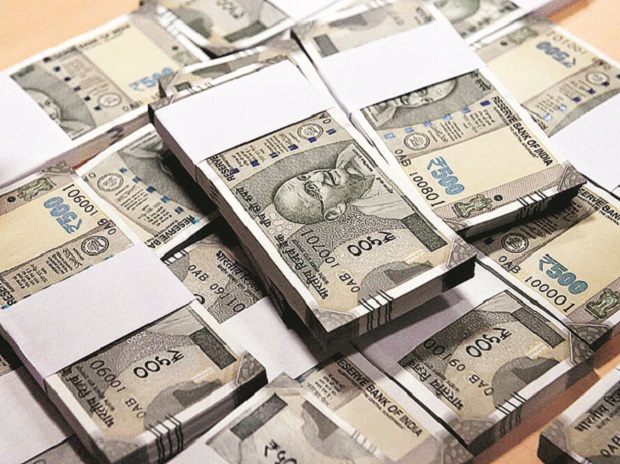
Current Affairs
When illiterate mason Jalaluddin Shaikh sought a better life seven years ago, he journeyed nearly 2,500 km south from his home in Murshidabad, Bengal, to this riverine town in the greater Kochi agglomeration, known for its farm produce, plywood and sundry small-scale industries.Jalaluddin, 40, had heard stories of the opportunities in prosperous Kerala, and nearly five years, he was happy, earning Rs 22,000 every month at construction sites, saving enough to send Rs 15,000 back home.
Everything changed on November 8, 2016, when Prime Minister Narendra Modi’s demonetisation order invalidated 86% of India’s currency.
Jalaluddin’s life worsened in June 2017, when the Goods and Services Tax (GST)--widely criticised for its hasty, often chaotic, implementation--came into effect. With the absence of cash and the complexities of the GST, business dropped and uncounted industries closed.
The downturn was exacerbated by tensions in the Arabian Gulf--the source of 36% of Kerala’s income--when many Arab countries turned against Qatar. That crisis was preceded by a general slowdown in the Gulf states since 2010, when the price of oil had dropped. As wages went unpaid and jobs and incomes were lost in the Gulf, Kerala’s construction industry suffered, as did opportunities for migrants in Kerala.
Here in India’s seventh-richest state by per capita income, 2.5 million of 33 million people--one in 14--were migrants, according to a 2013 study by the Gulati Institute of Finance and Taxation for the Kerala labour department. Mostly manual labour, they sent Rs 17,500 crore home every year. The government now believes about a million migrants are left, a quarter of the number projected for 2018. Although some questions were raised over the study’s accuracy, it is the only available data on migrants like Jalaluddin.
No comments:
Post a Comment